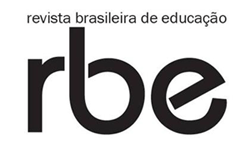Beginning with a characterisation of the school - a recently modified scenario - we analyse the teaching of science, generalising the observations for the different levels of formal schooling. We present science as a language for the description and understanding of the natural world which a rereading of Barthes supports. We assert that scientific literacy - a scientific illiterate is one who does not know how to read the language in which nature is written - could be responsible not only for facilitating our understanding of the world, but also for helping to transform it for the better. Scientific literacy is also seen as a possibility for social inclusion, being a handicap for it the presentism {exclusive link with the present, without a rooting in the past, and without perspectives for the future}, as well as scientificism {an exaggerated belief in the power of Science, and/or the attribution to it of only beneficial results}. Dogmatism, marked by positivism, is presented as one of the marks of a non-scientific literacy.
scientific literacy; science as a language; science teaching; dogmatism
